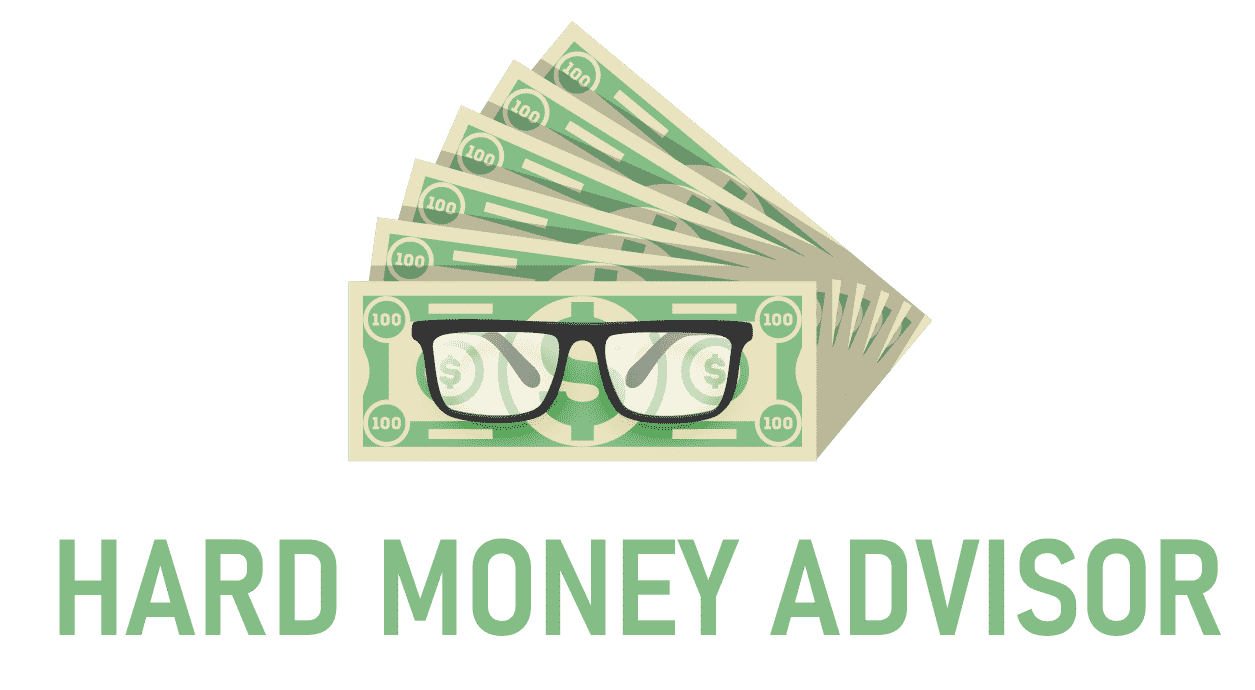Becoming a hard money lender can be a great way to make some extra money, but it’s not without its risks. Learning how to become a hard money lender is the first step. A hard money lender is someone who lends money to people who can’t or choose not to get loans from traditional lenders, like banks. These loans are usually for a shorter period of time than traditional loans, and the interest rates are usually higher.
Hard money lenders are very common in the real estate industry. They can provide loans for people who are trying to buy or improve property. If you’re thinking of becoming a hard money lender, there are a few things you should know.
Here we will discuss what is involved in becoming a hard money lender, the pros and cons of doing so and more.
Key Takeaways
- To become a hard money lender, you will need to have the money to lend and be comfortable with taking on more risk.
- You also need to be able to assess a deal quickly and make a decision whether or not to lend the money.
- Hard money lenders do not always need to be licensed, but some states have laws regulating money lending.
- If you are thinking about becoming a hard money lender, be sure to weigh the pros and cons before making a final decision.
What is a Hard Money Lender?
A hard money lender is someone who lends money to people who can’t or choose not to get loans from traditional lenders, like banks. Hard money loans are usually for a shorter period of time than traditional loans, and the interest rates are usually higher. Hard money lenders provide financing for a variety of different types of transactions, including:
- Purchase loans
- Refinance loans
- Construction loans
- Rehabilitation loans
- And more
Why Would Someone Need a Hard Money Loan?
There are a few reasons why someone might choose to get a hard money loan instead of a traditional loan. The most common reason is because the person can’t get a loan from a bank. This could be because the person doesn’t have a good credit score, they don’t have enough collateral or they need the money quickly.
Another reason someone might choose to get a hard money loan is because they are rehabbing a property to sell. This is known as a fix and flip. Traditional lenders will not typically lend on houses in disrepair, but hard money lenders will. Investors will purchase the property and fix it up with their hard money loan. Then, they will refinance into a longer term traditional mortgage or sell the property.
Why Only Short-Term Loans?
Hard money loans are typically only for a short period of time, usually 12 months or less. Many lenders may allow a longer term, but it doesn’t make sense for the investor. Hard money lenders charge much higher interest rates. So, if an investor were to take out a hard money loan for a longer period of time, they would be paying a lot in interest.
Who can be a Private Money Lender?
Not everyone can be a hard money lender. There are a few things you need to have in order to become one.
- First, you need to have the money to lend. This can be from your own personal savings or from another investment.
- You also need to be comfortable with taking on more risk. Hard money loans are not as secure as traditional loans. The loan could go into default, and you could lose your money.
- You also need to be able to assess a deal quickly. When someone is looking for a hard money loan, they are usually in a hurry. You need to be able to make a decision quickly whether or not to lend them the money.
Do Hard Money Lenders Need to be Licensed?
This is a common question, but the answer is no. Hard money lenders do not always need to be licensed.
However, some states have laws regulating hard money lending. These laws vary from state to state, so you will need to check with your local government to see if there are any rules or regulations you need to follow.
Some states require money lenders to be licensed. Your state may also require at least one member of your company to have their real estate broker’s license.
How to Become a Hard Money Lender
Now that you know how to become a hard money lender, you may be wondering how to get started. There’s a few steps involved.
- Decide where the funds will come from. As we mentioned before, you will need to have the money to lend. This can be from your personal savings or investments.
- Find an investment opportunity. Once you have the funds available, you will need to find an investment opportunity. This could be through a friend or family member, or you could work with a real estate agent to find a property.
- Conduct your due diligence on the investment and the borrower. Once you have found an investment opportunity, you will need to do your due diligence. This includes looking at the property and assessing the risk involved. You will also need to check on the borrower’s credit score and employment history.
- Determine the loan terms. Once you have decided to lend the money, you will need to determine the loan terms. This includes how much money you will lend, the interest rate and the length of the loan.
- Finalize the paperwork. Once you have agreed to the loan terms, you will need to finalize the paperwork. This includes the loan agreement and promissory note.
- Provide the funds. Once the paperwork is finalized, you will need to provide the funds to the borrower. This is typically done at closing through a title company.
- Begin collecting. Once the borrower has the funds, they will begin making payments to you. You will need to collect the payments and pay any taxes that are due on the interest income.
Pros and Cons of Becoming a Hard Money Lender
Hard money lending is a great way to earn a higher return on your investment. However, it is important to remember that there is more risk involved. Here are some pros and cons of operating as a hard money lender.
Pros of being a Hard Money Lender:
- Earn a higher return on your investment.
- No need to have a license in many states.
- Can make a quick decision when lending money.
- Much more freedom in lending terms and timelines
Cons of being a Hard Money Lender:
- The loan could go into default.
- You could lose your money.
- The property could not be worth what you thought.

FAQs on How to Become a Hard Money Lender
Do I need to be licensed to become a hard money lender?
In most cases, you do not need to be licensed to become a hard money lender. However, some states have laws regulating money lending. You
How much money do I need to start as a hard money lender?
This will depend a lot on your market. Real estate can be as little as 50k or millions of dollars.
Can I work with a real estate agent to find deals?
Yes, you can work with a real estate agent to find deals.
Do I need to have experience in the real estate industry?
No, you do not need to have experience in the real estate industry to become a hard money lender, but it may help.

